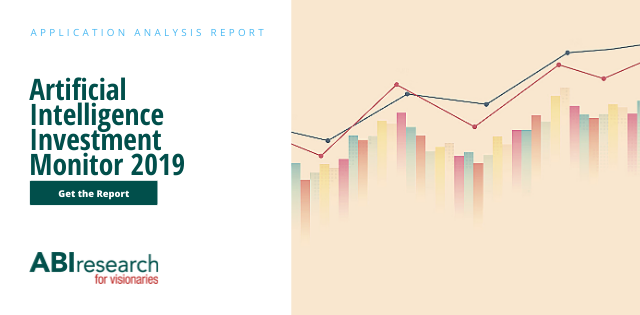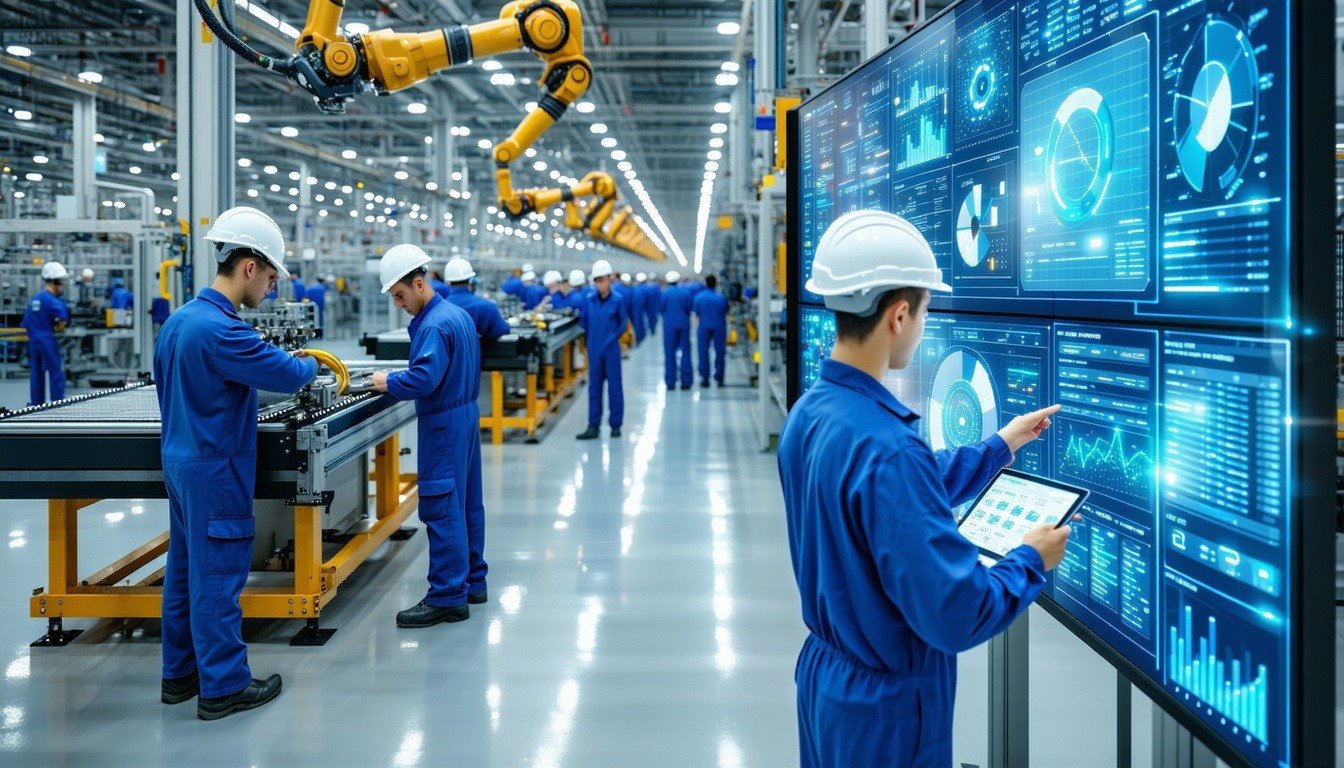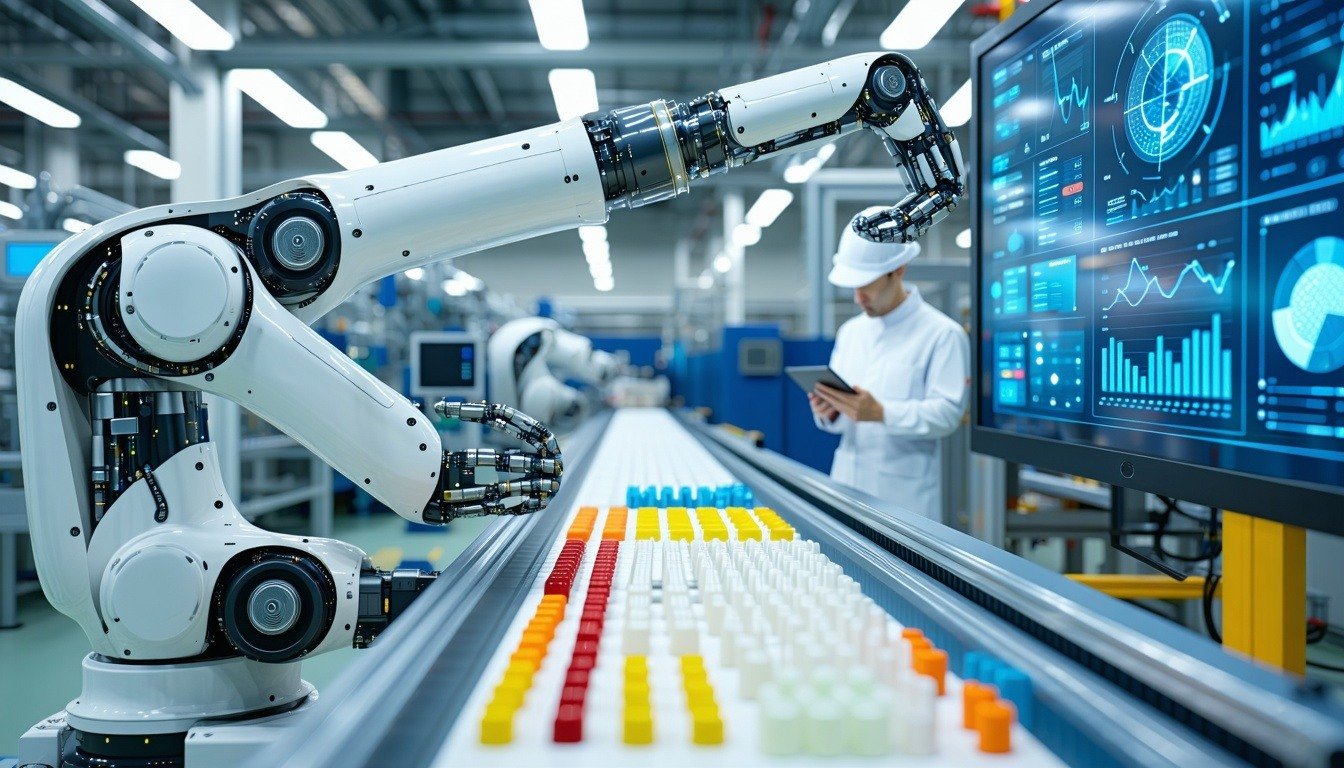The Artificial Intelligence investment landscape enjoyed another year of strong growth in 2019, with the United States taking the lead, reaching a record US$22.7 billion. Despite multiple headwinds and realignment of interest and priorities that can typically breed uncertainty, the market did not suffer any fatigue.
Enterprises are increasingly warming up to the value of AI. Not only are enterprises actively adopting automation to automate repetitive processes, ensure compliance, and enhance customer experience,they are also partnering with machine learning platforms and acquiring AI startups and talent to build data pipelines, create proprietary AI models, and manage their own machine learning development and operation lifecycle (MLOps).
Which Sectors Are Driving Investment Growth?
Automotive, data science, and healthcare and pharmaceuticals are among the key verticals leading this surge in investment. Led by Argo AI, Cruise Automation, and Aurora, the self-driving industry is not only looking at passenger vehicles, but also expects to bring its self-driving capabilities into both long haul and last mile logistics, where human drivers are exposed to long operating hours and safety challenges. In data science, OpenAI, Databricks, DataRobot, and Kabbage continue to push the boundary of machine learning, offering new deep learning platforms, frameworks and models for AI developers. Of the three, however, the healthcare and pharmaceutical sector is the most interesting.
Until Recently, Uncertainty Prevailed
Though long viewed as a key beneficiary, the adoption of AI technologies in the healthcare and pharmaceutical industries has been rocky at best. Highly regulated and risk averse, both industries have been cautious about deploying new technology. However, COVID-19 may present itself as a catalyst that will further catapult the market acceptance for startups with proven AI solutions.
Prior to COVID-19, healthcare startups were often confronted with the harsh reality of a conservative IT system in healthcare industries. Healthcare institutions are still relying on handwritten records. This is not useful when it comes to the training of machine learning-based AI that require digital data. Most healthcare systems are siloed in nature, which lacks the right architecture for data streaming, storage, processing, and analysis. Concurrently, the pharmaceutical industry is still relying on labor intensive drug development methods based on existing expertise and knowledge. There have, however, been early efforts to combine automation, machine learning, and genomics to synthesize new molecules and polymers for more effective cures.
Now is the Time
Momentum began to shift in 2019, when AI venture capital investments saw a significant jump in the sector from US$1 billion in 2018 to US$2.4 billion last year, signifying maturing capabilities and growing investor confidence in that domain. By leveraging advanced analytics and machine-learning algorithms, the healthcare system is developing a confident ability to pivot from an illness-centric to more of a patient-centric model. Leveraging various source of information, such as photo, microscopic image, X-ray, CT scan, and MRI scan, healthcare institutions can bring augmented and accurate disease screenings and treatment to patients. Healthcare startups receiving funding in 2019, such as Babylon Health, Tempus, and Freenome, may start to play pivotal role in post COVID-19 crisis via remote health check and diagnosis, cancer treatment analysis, and delivery of targeted therapeutics.
Innovation in healthcare generally comes in a slow pace, but once we get past COVID-19, healthcare regulators and agencies may start to pay more attention to the benefits of AI in the automation and augmentation of existing medical and R&D processes. We expect COVID-19 will spur the digital transformation of the healthcare and pharmaceutical sector. The sector will invest solutions for computing, storage and networking servers, big data integration and processing, auto-scaling features, data science toolkits and libraries, and self-service dashboards. This will provide more opportunities for healthcare and pharmaceutical startups to reach out to a wider audience, benefiting more healthcare workers and patients along the way.
We are monitoring other trends around growth of artifical intelligence startups in our report, Artificial Intelligence Investment Monitor 2019. To learn more, our AI & Machine Learning research service assesses opportunities created by AI related technology, while thought leadership throughout all facets of the industry.





